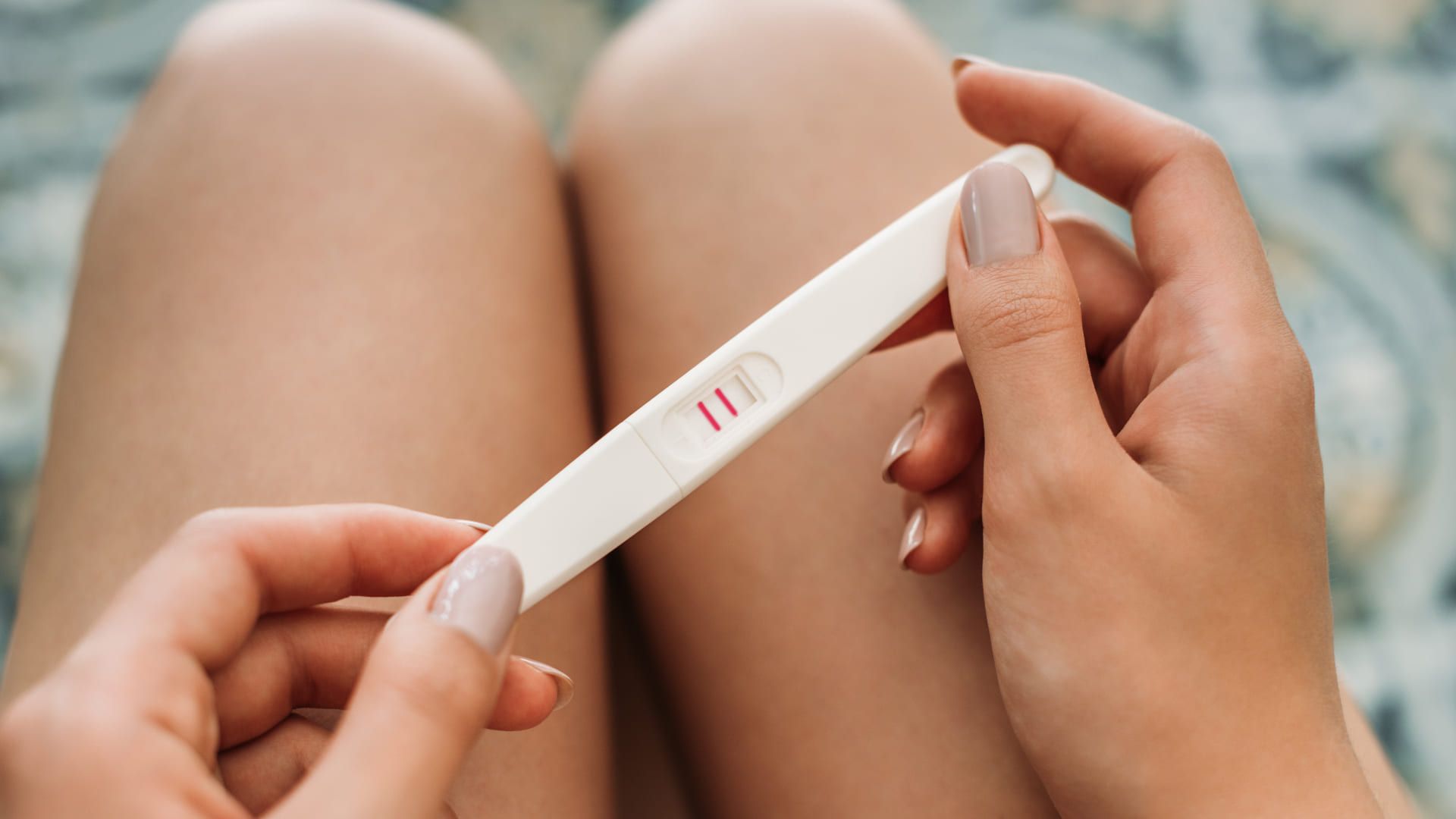How and when to take a pregnancy test

Sarah Johnson, MD

How do pregnancy tests work?
Pregnancy tests are a simple and reliable method of determining your pregnancy status; all you have to do is pee into a stick. You can find them at most drug and supermarket stores, and they're cheap.
How accurate are pregnancy tests?
When administered properly, pregnancy tests have a very high accuracy rate. Pregnancy tests purchased at pharmacies are 99 percent accurate. They are equally accurate to a pregnancy test that can be obtained at a doctor's office using pee.
The way pregnancy tests operate is by looking for a hormone called human chorionic gonadotropin (HCG) in your urine. This hormone is only produced by your body during pregnancy. You can read more about how hCG behaves during pregnancy to understand why tests turn positive. When a fertilized egg adheres to the lining of your uterus, a pregnancy is declared and HCG is released. You are pregnant if the results of your pregnancy test are positive. In the event that they are negative, you are not pregnant.
The most accurate time to take a pregnancy test is after you have missed your period.
If a pregnancy test is outdated or not used correctly, its accuracy will be reduced. Therefore, make sure to always verify the package's expiration date and carefully study the pregnancy test's instructions.

How soon can I take a pregnancy test?
Pregnancy tests are most effective when taken soon after the onset of irregular periods. If you believe you could be pregnant or miss your period, it's a good idea to get a pregnancy test as soon as possible. Understanding how long it typically takes to get pregnant can also help put your timing into context.
The sooner you find out you're expecting, the earlier you may consider your alternatives and receive the necessary medical attention to maintain your health.
While many pregnancy tests claim to be effective a few days before to a missed period, the accuracy of the results is typically lower at that time. To find out when to take a pregnancy test and how accurate it will be, read the label on the test.
Pregnancy hormones can occasionally be detected in urine as early as 10 days following unprotected sex, according to pregnancy tests. Some people also first notice subtle early signs of pregnancy before testing. However, you can receive a false positive or false negative test result because these results aren't very trustworthy.
To get precise results, it is recommended to take a pregnancy test three weeks post-sex if your cycles are extremely irregular or non-existent.
Where can I get a pregnancy test?
Pregnancy tests are available in your neighborhood drugstore, pharmacy, grocery shop, and some dollar or convenience stores. Pregnancy tests can cost as low as $1, and they are typically not very expensive. Some health centers occasionally offer free pregnancy tests.
A pregnancy test can also be obtained at your neighborhood Planned Parenthood Health Center, community clinic, or nurse practitioner. The majority of health facilities employ urine pregnancy tests that are available for purchase. Blood testing is occasionally used to check for pregnancy, but only in specific situations.
However, exercise caution when seeking for a trustworthy health facility, as there are fraudulent establishments known as Crisis Pregnancy Centers. Crisis Pregnancy Centers purport to provide information and support while providing free pregnancy testing. However, they may not be led by medical professionals and don't think it's right to give you the whole truth about pregnancy and all of your alternatives. Crisis pregnancy centers use similar names and locations to deceive individuals into attending their facility instead of Planned Parenthood health centers or other legitimate medical facilities.
You can locate a secure location to obtain a pregnancy test in your neighborhood with the assistance of your nearby Planned Parenthood health clinic.
What should I do if my pregnancy test is positive?
When you test positive for pregnancy after missing your period, you are officially pregnant. If you'd want, you can always take another exam just to be positive. Waiting for clarity can feel especially tense for those who experience high-functioning anxiety, so seeking support is absolutely okay.
For a follow-up test, you might wish to visit your local Planned Parenthood Health Center, a family planning clinic, or a nurse or doctor. They will assist you in getting the care you require and discuss your options with you regarding pregnancy. Moments like these can drain your energy, and strategies for getting through a motivation slump may help you stay grounded. Avoid going to a Crisis Pregnancy Center as they may not provide you with accurate information about your pregnancy and all of your options, nor will they provide you with actual medical care.
If the emotional side of waiting or decision-making feels heavy, gentle support from Mental Health AI can help you navigate this stage with more ease.













